Our Experimental Coffee Trees
An update from Steve at Zingerman’s Coffee Company on coffee trees being cultivated in Brazil just for us.
I’m thrilled to be giving this update! We previously shared our excitement about an ongoing long-term project with our close coffee partners Daterra Estate in Brazil, cultivating the Pacamara varietal. I had been struck by the immense size of the Pacamara coffee bean after discovering it during my first-ever origin trip to El Salvador many years ago. I knew I had to do something special with this varietal. Pacamara has not traditionally been grown in Brazil, therefore our coffee trees endeavor is rather experimental.
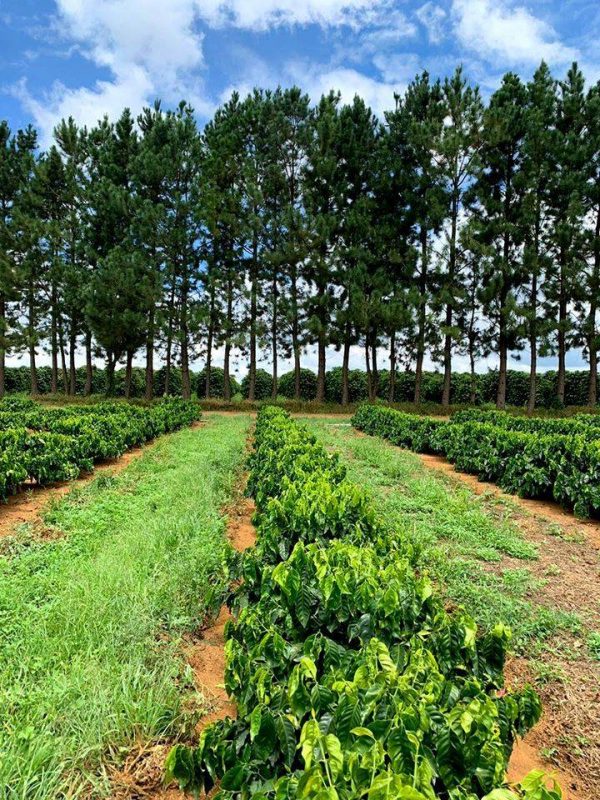
Pacamara coffee trees 2019
Our three-acre plot is on a high, flat plain in the Cerrado region near the city of Patrocínio. Daterra’s farms are located at an average altitude of over 3,000 ft and some terroirs are around 4,000 ft. The wind, sun and soil there are exceptional for Arabica trees. The diverse altitudes and microclimates on the farm make it one of the best coffee-producing areas in the country. With dry winds on pleasantly hot days and refreshingly cool nights, conditions are perfect for amazing beans to be grown.
Checking In On Our Coffee Trees
Although much of the world has slowed down, our little coffee trees continue to grow and thrive. We are more committed than ever to continuing this work to bring you the most exceptional coffee varieties we can find. Given the circumstances around the world this year, it’s not in the cards for us to make our annual trip down to Brazil to see the farm in person. However, updates continue!
I received some photos from the farm and had a chance to video-conference with Gabriel Agrelli Moreira. He is Daterra’s head of international sales. We spoke about the status of our project and the current health of the trees on our experimental plot. An interesting observation they made is that Daterra’s agronomists are seeing a marked difference from other coffee trees on the farm. In the rest of the crop, Daterra is beginning to see maturation, which means the coffee cherries will be ready to harvest soon.
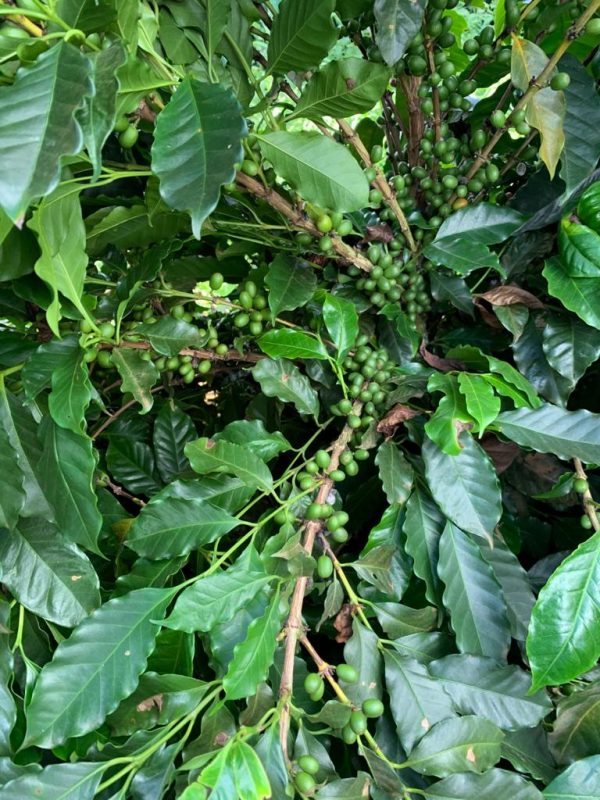
Pacamara coffee trees 2020
However, the Pacamara plot is actually about a month behind the rest of the farm! Our coffee cherries are still super green. Daterra is attributing that to both the trees still being quite young. The typical coffee cherries of the Pacamara varietal being twice the size of a normal coffee cherry. These trees will be ready for picking by the end of this month, or beginning of June. Our estimate is that we’ll yield just 7 to 10 bags (132 lbs. or 60 kg. each) in total this year. However it is likely just 5 to 7 of them will be usable. After picking the coffee is processed, milled, and sorted, there is always a loss of volume.
The Details Matter In The Final Coffee Cup
Something interesting to note in coffee trees that’s perhaps not discussed often in the coffee world, is the difference between vegetative trees versus productive trees. Vegetative trees have lots of branches, leaves, tree structure, but not a lot of production. With mature, productive trees, it’s the opposite: we see lots of flowers, seeds, and cherries. From what we can ascertain thus far, our plot seems to be more vegetative. Even when fully grown, likely these trees will produce a “medium” amount of cherries. This may not sound ideal, but actually vegetative trees, while they produce less, tend to produce better quality cherries and coffees!
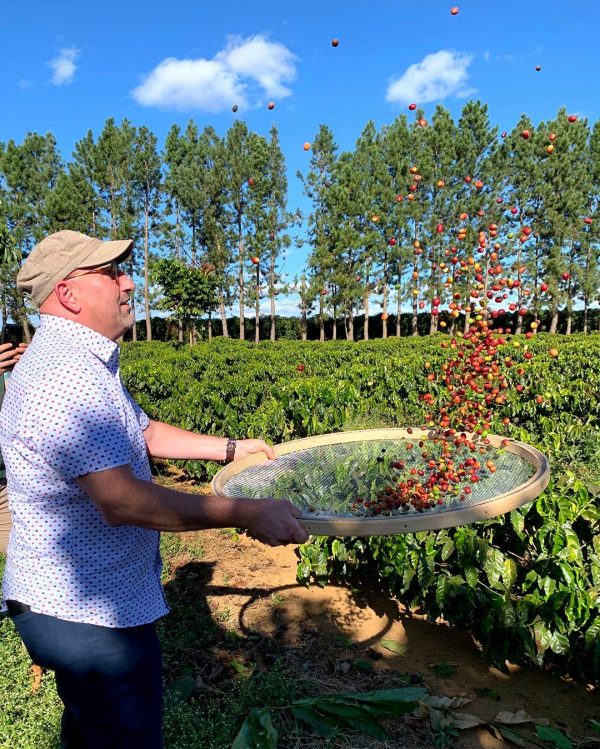
Low production for this year means our focus will be on determining a processing method(s) for the Pacamara. Of the dozen or so processing methods Daterra Estate is able to offer, we have asked that they use the honey, natural process on the tree (called “raisin”), natural processing on raised beds – a traditional African processing method, washed, and anaerobic.
Another aspect of our experiment is determining taste differences between coffees grown under shade as well as full sun exposure. The mahogany trees planted alongside the Pacamara trees are still young, so shade hasn’t been quite established. We have learned that those trees may still take a few years of growth before we see any tangible benefit. We hope our patience will be rewarded!
Love At First Sip
I fell in love at first sip with the Pacamara coffee (see the short video). It has an intense plum flavor that is really pleasant. I really can’t wait to invite you in for a taste, and share the fruits of our growing experiment with you in the future.
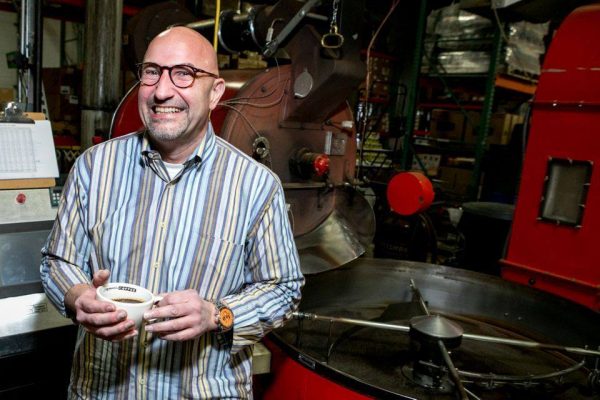
Stay tuned! Subscribe to our enews or follow us on Facebook, Instagram, or Twitter, so you be alerted when this very special coffee is released!
Warmly,
-Steve
Steve Mangigian, Zingerman’s Coffee Company Managing Partner

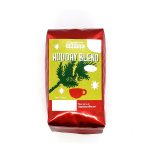

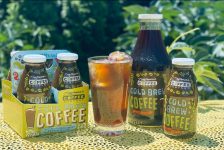
Zingerman’s Art for Sale